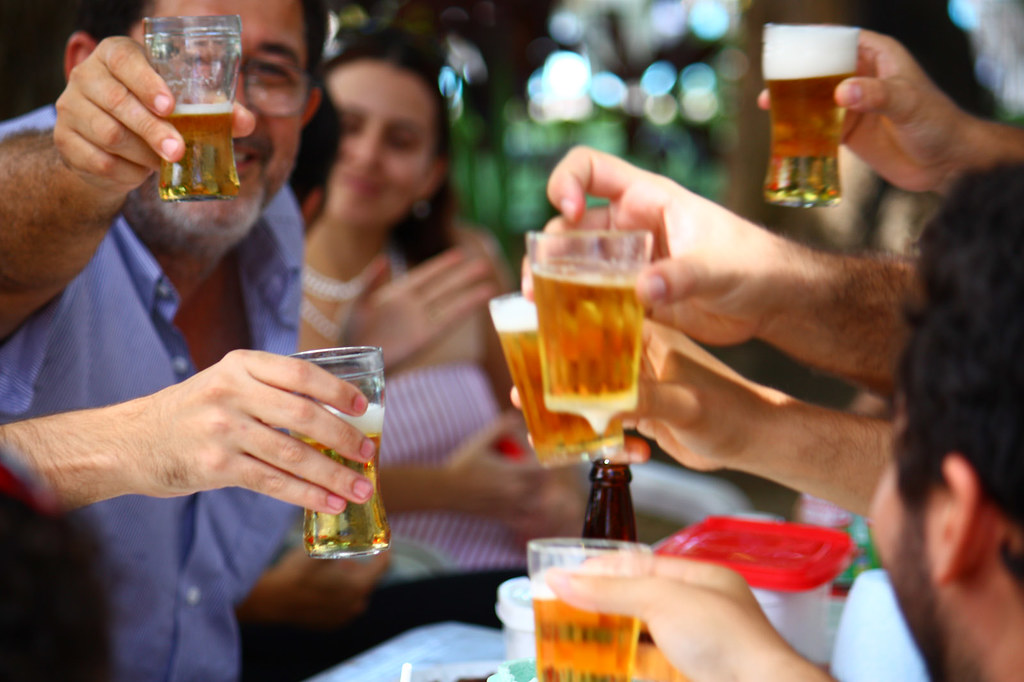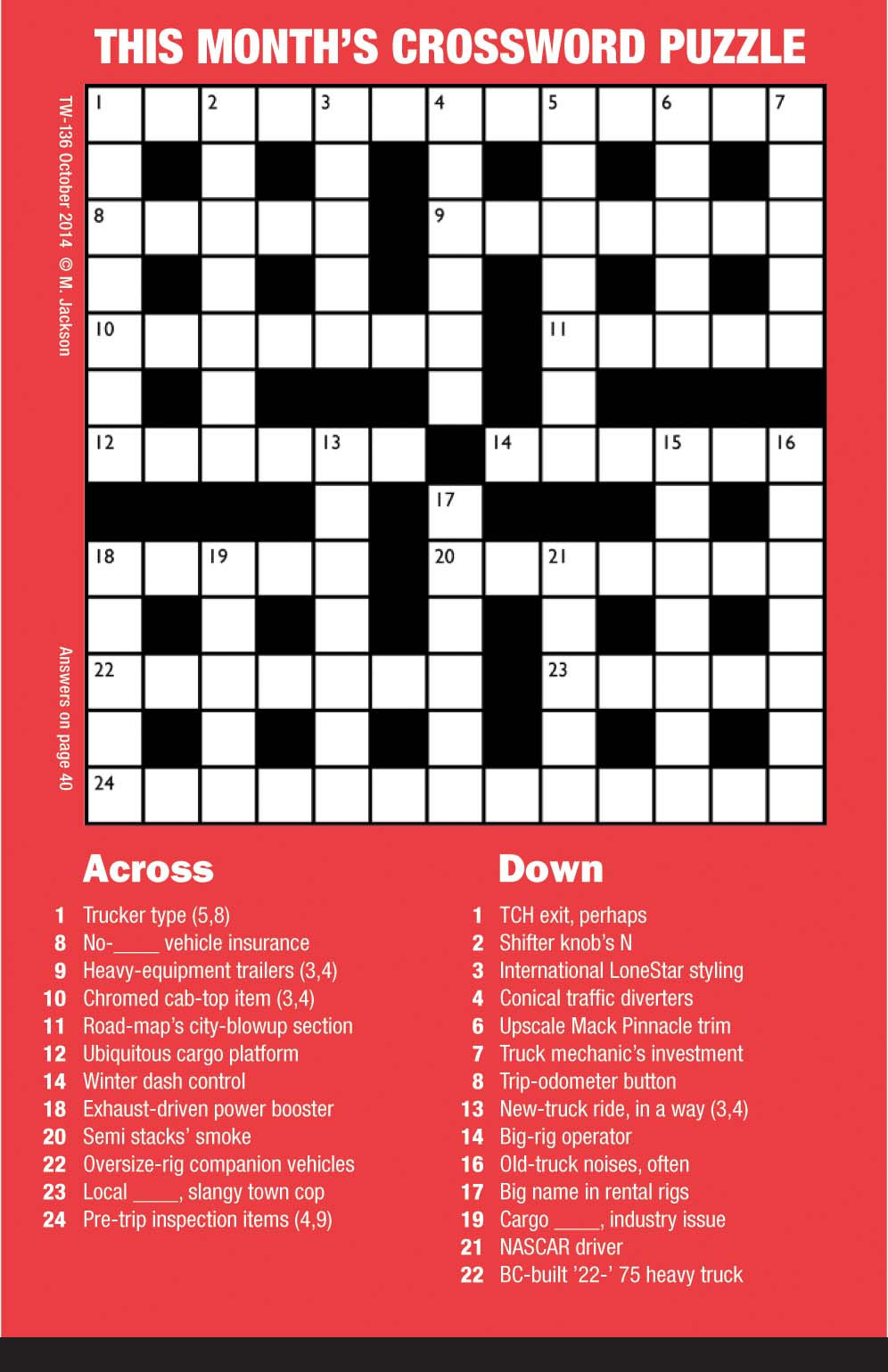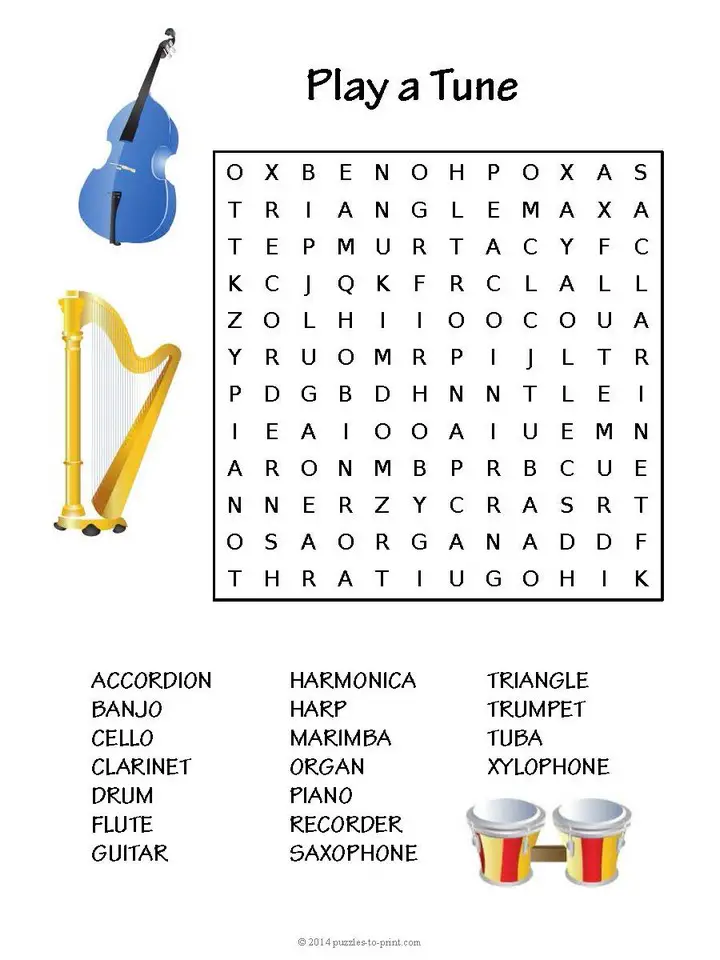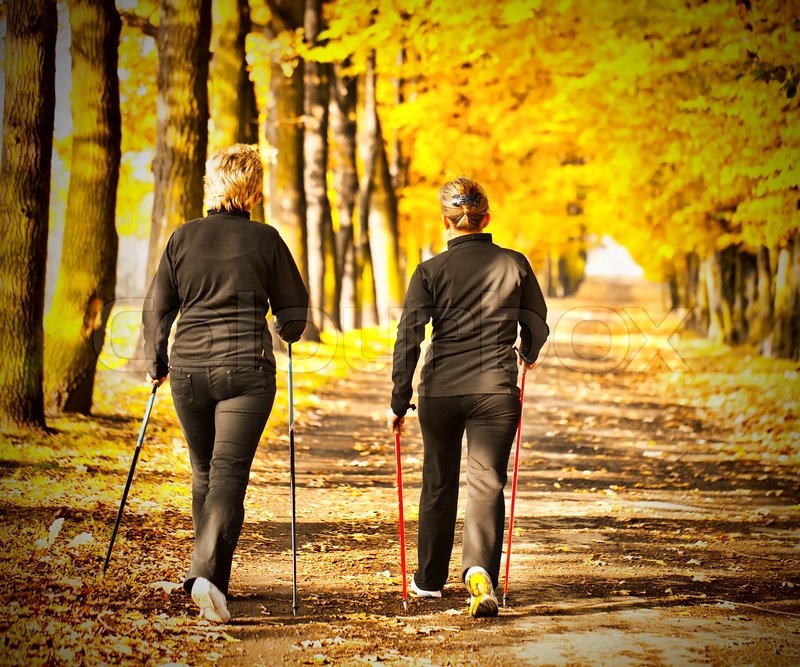After adjusting for age and sex, people with major TBI were 1.5 times more likely to develop dementia than those without a TBI, the researchers concluded. There was no increased risk for those with a minor brain injury.
But after further adjustment for known dementia risk factors such as lower levels of education, smoking, drinking, inactivity and high blood pressure, the association between major TBI and dementia weakened.


Drinking and inactivity appeared to have the largest effect on weakening the association, according to the study authors.
Considering that there is no cure for dementia or TBI, the results of the study suggest that prevention of other dementia risk factors such as excess alcohol consumption and physical inactivity could possibly reduce the risk of dementia in people with major TBI.

Traumatic brain injury has been identified as a possible risk factor for dementia, and due to increasing numbers of people living with dementia, it is imperative to identify risk factors that might be modifiable to decrease the number of people who develop dementia in the future.
So, if you suffered a TBI, be sure to exercise regularly, especially your brain.



Great brain exercises can be found in Crossword Puzzles, Wordsearch puzzles, board games such as Scrabble, and everything that forces you to think, or use your imagination.
You can even try online Mind Exercise here for free. SaeboMind Exercises
Research reported at the 2019 Alzheimer’s Association International Conference® suggests that adopting multiple healthy lifestyle choices, including healthy diet, not smoking, regular exercise and cognitive stimulation, may decrease the risk of cognitive decline and dementia.



Research is still evolving, but evidence is strong that people can reduce their risk of cognitive decline by making key lifestyle changes, including participating in regular physical activity, staying socially engaged, and maintaining good heart health.

There are many things in this life, that you cannot control. However, there are many that you can control. It starts and ends with YOU.
So, Exercise Regularly, both body and brain, avoid excess alcohol, don't smoke, if you do smoke, Quit Now, eat plenty of fruits and vegetables, stop worrying about tomorrow, because today has enough troubles of it's own.
Did you know that about 99% of all things you worry about, never happen. Change the things that you can control, and leave the things that you cannot control, to God, and you will be fine.
All content provided on this blog is for informational purposes only and is not intended to be a substitute for professional medical advice, diagnosis, or treatment. Many opinions and viewpoints are based on my own Personal Stroke Recovery journey. As every Stroke is different, so is every Stroke Recovery. Always seek the advice of your physician or other qualified health providers with any questions you may have regarding a medical condition. If you think you may have a medical emergency, call your doctor or 911 immediately. Reliance on any information provided by the JGH Rehab website is solely at your own risk



